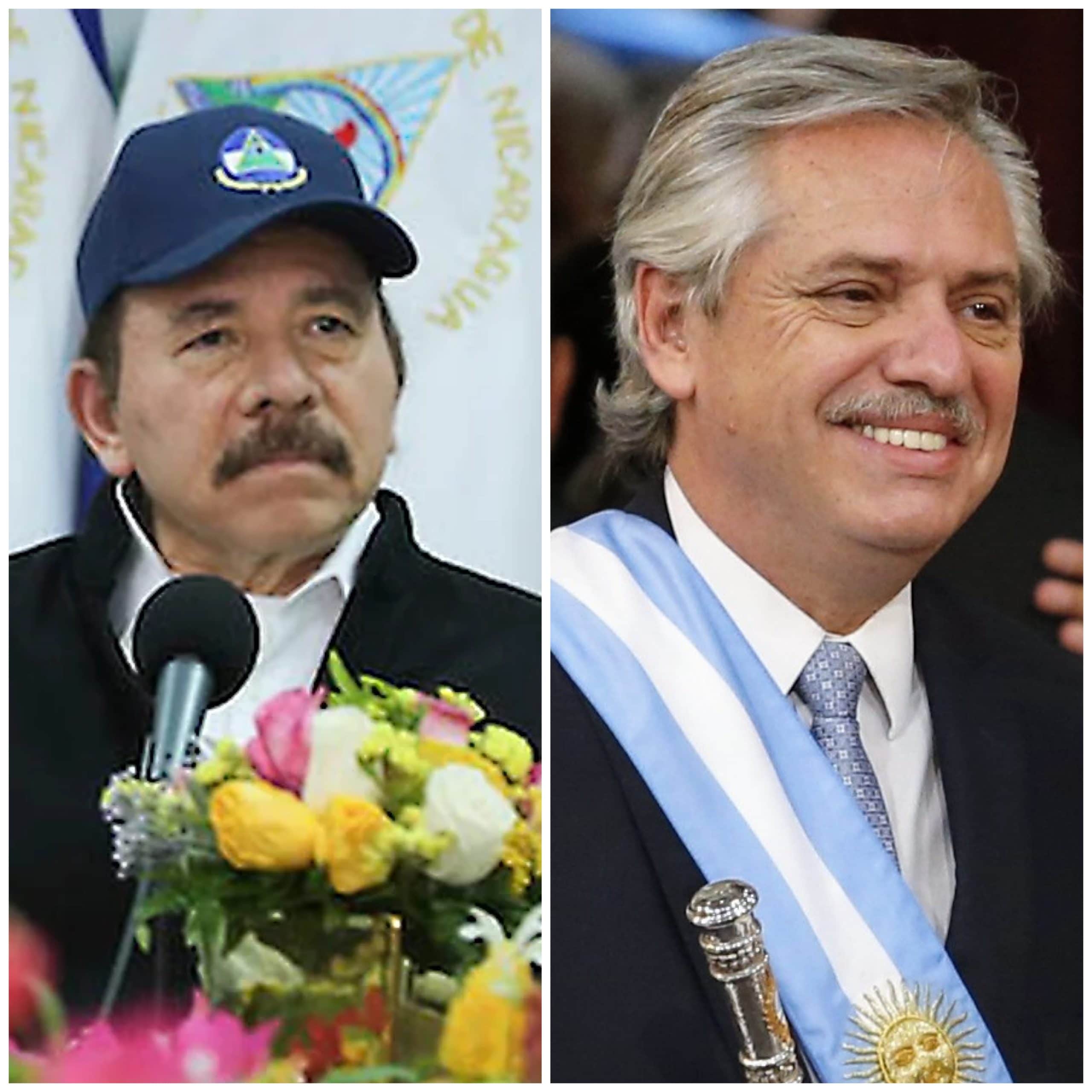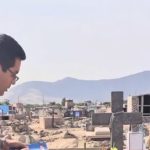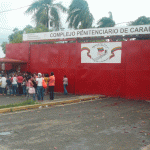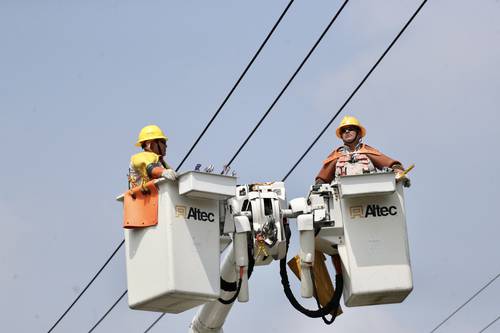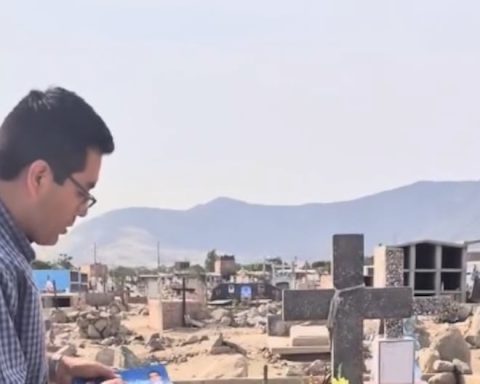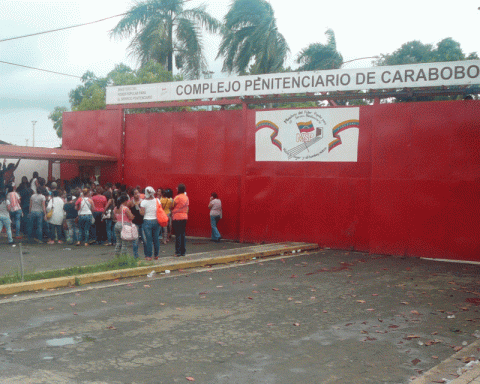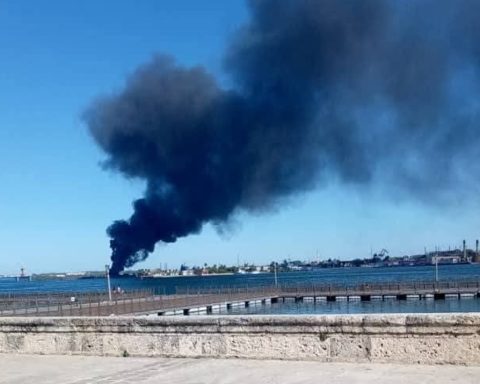The support of the Government of Argentina, led by the Peronist Alberto Fernández, for the resolution of the Organization of American States (OAS) that declares the voting in Nicaragua illegitimate, was seen in his country as “A positive move in its foreign policy”, since that country had refrained from condemning the abuses of power by the Nicaraguan regime, based on “a peculiar perspective” of the principle of non-interference in the internal affairs of other countries.
An analysis published in the Argentine portal Infobae points out that “the turn” in Fernández’s diplomatic strategy against the totalitarian regime of Daniel Ortega and his wife Rosario Murillo, was produced by the evidence collected at the OAS, which proved the systematic violation of human rights in Nicaragua.
“The vote of Argentina together with the United States, Canada, Brazil, Chile, Peru, Paraguay, Colombia, Ecuador, Costa Rica, Uruguay, El Salvador, Grenada, Guatemala, Guyana, Haiti, Jamaica, Panama, Suriname, Trinidad & Tobago, Venezuela (representation is in the hands of Juan Guaidó), Antigua and Barbados, Dominica, Barbuda and the Dominican Republic it means a reformulation of foreign policy “says the cited article.
Previously, Vice President Cristina Fernández de Kirchner forced “a diplomatic folding in favor of China, Russia and Cuba, and their regional satellites Venezuela (led by Nicolás Maduro) and Nicaragua,” Infobae points out. Now, Fernandez “Break that ideological line in foreign relations, by voting with the United States on a draft resolution that opens a possible instance of suspension of Nicaragua as a member state of the OAS ”, he adds.
The decision of the Argentine president also “Attenuates the common strategy” that Argentina and Mexico starred in until yesterday in all multilateral forums. Fernández supported the project that questions the Sandinista regime, while Andrés López Obrador abstained.
The document approved in the 51st general assembly of the OAS, held between November 10 and 12, proposes “declaring that, in the obvious circumstances, the November 7 elections were not free, fair or transparent and do not have democratic legitimacy.”
It also gives 18 days for the Permanent Council to carry out a “collective assessment” of the country’s situation, “in accordance with the OAS Charter and the Inter-American Democratic Charter,” and to “take appropriate action.” Both approaches are part of the procedures established in the body’s Charter for the suspension of a member state after it has been shown that the democratic order was broken in it.
“It was not in anyone’s calculations”
During the OAS general assembly, held virtually, the Argentine Foreign Minister, Santiago Cafiero, “met countless times with President Fernández and in the end crowned a move that was not in anyone’s calculations “, Infobae points out. The diplomat “designed a foreign policy movement that also takes into account the correlation of forces within the Frente de Todos (which is the ruling coalition in Argentina) ”, he adds.
In this sense, the speech of Argentine Vice Foreign Minister Pablo Tettamanti at the OAS found a balance between two forces – external and domestic – that until now had never gone hand in hand.
“Argentina reiterates its commitment to the defense of human rights, which for our country represents a superior and inalienable value … My country has also assumed a commitment to the promotion and consolidation of representative democracy, while respecting the principle of no intervention ”, stressed Tettamanti.
“In this sense, we are concerned about the early condemnation of this draft resolution to an issue on which we are requesting that it be analyzed by the Permanent Council, without having yet had an in-depth debate,” he said.
“We have accompanied the current draft resolution, with the conviction, hope and political will to continue working in favor of dialogue and the peaceful solution of our differences, for the true benefit of our peoples,” added the Argentine vice chancellor.
Guatemala also voted in favor
Another important change in foreign policy towards Nicaragua took place in the Government of Guatemala, headed by Alejandro Giammattei, who until yesterday had abstained from condemning the violations of the human rights of Nicaraguans and – even – the day after the voting was held. declared “concerned”, but did not condemn the electoral farce that allowed the fourth consecutive reelection of Daniel Ortega, in the midst of a context of massive human rights violations.
In the past, Guatemala’s position has oscillated between votes of condemnation and abstentions in pronouncements since July 2018 against the Ortega regime, which on the eve of the OAS assembly raised doubts about its position, despite the fact that recently in a trip to Madrid the chancellor described as “Undemocratic” the Nicaraguan votes.
In addition to the OAS member states, the European Union and multilateral organizations have expressed a firm position regarding the voting in Nicaragua.
